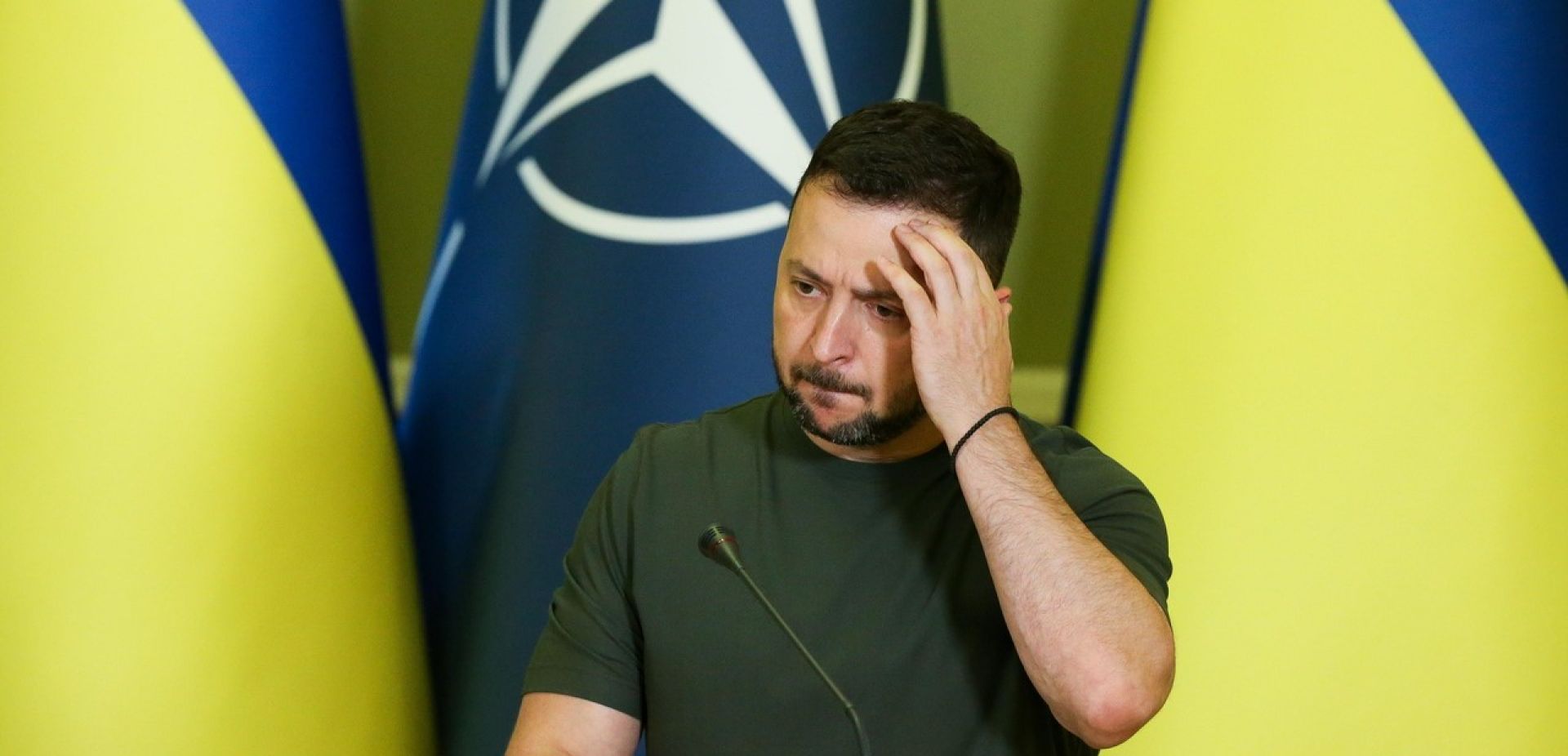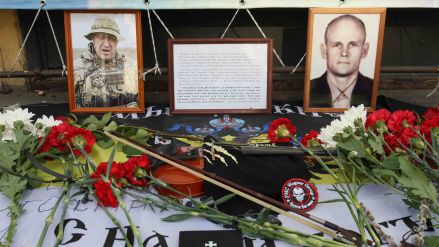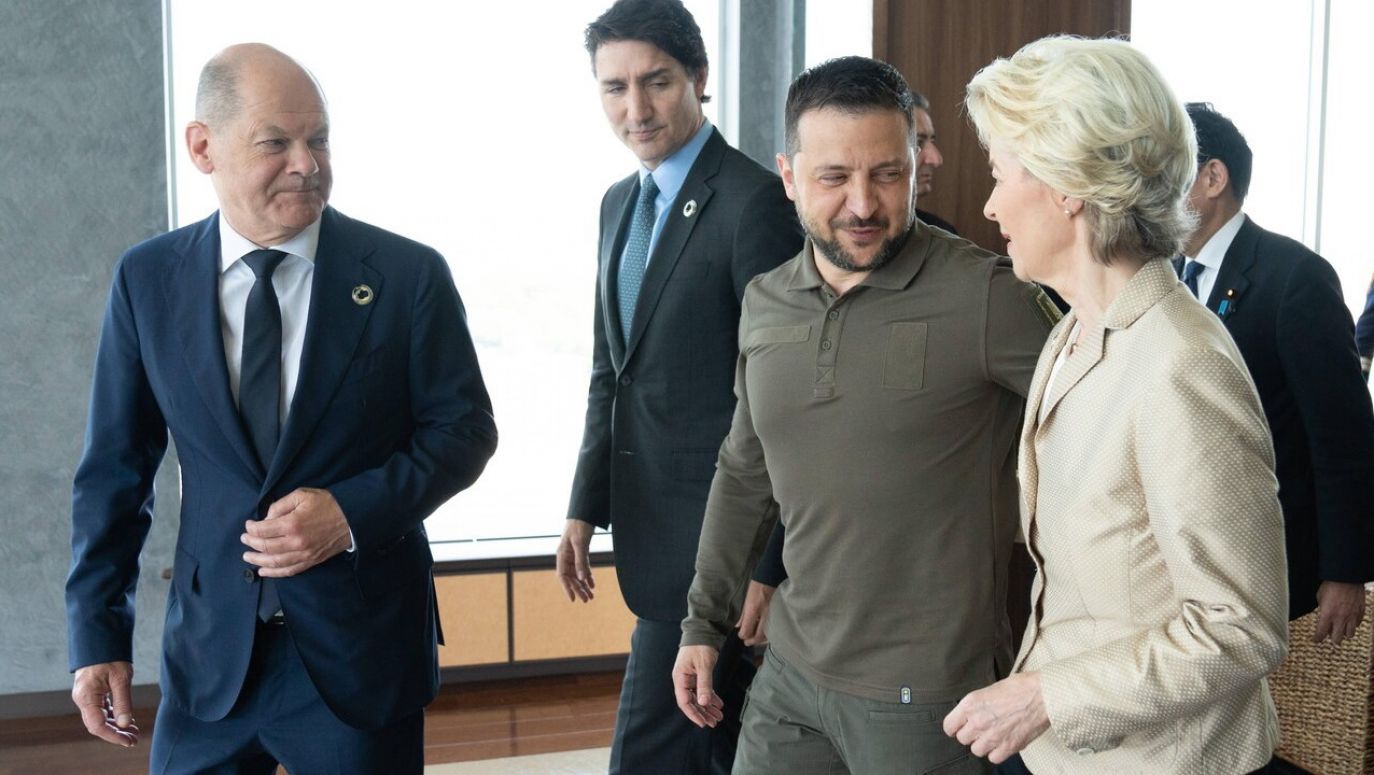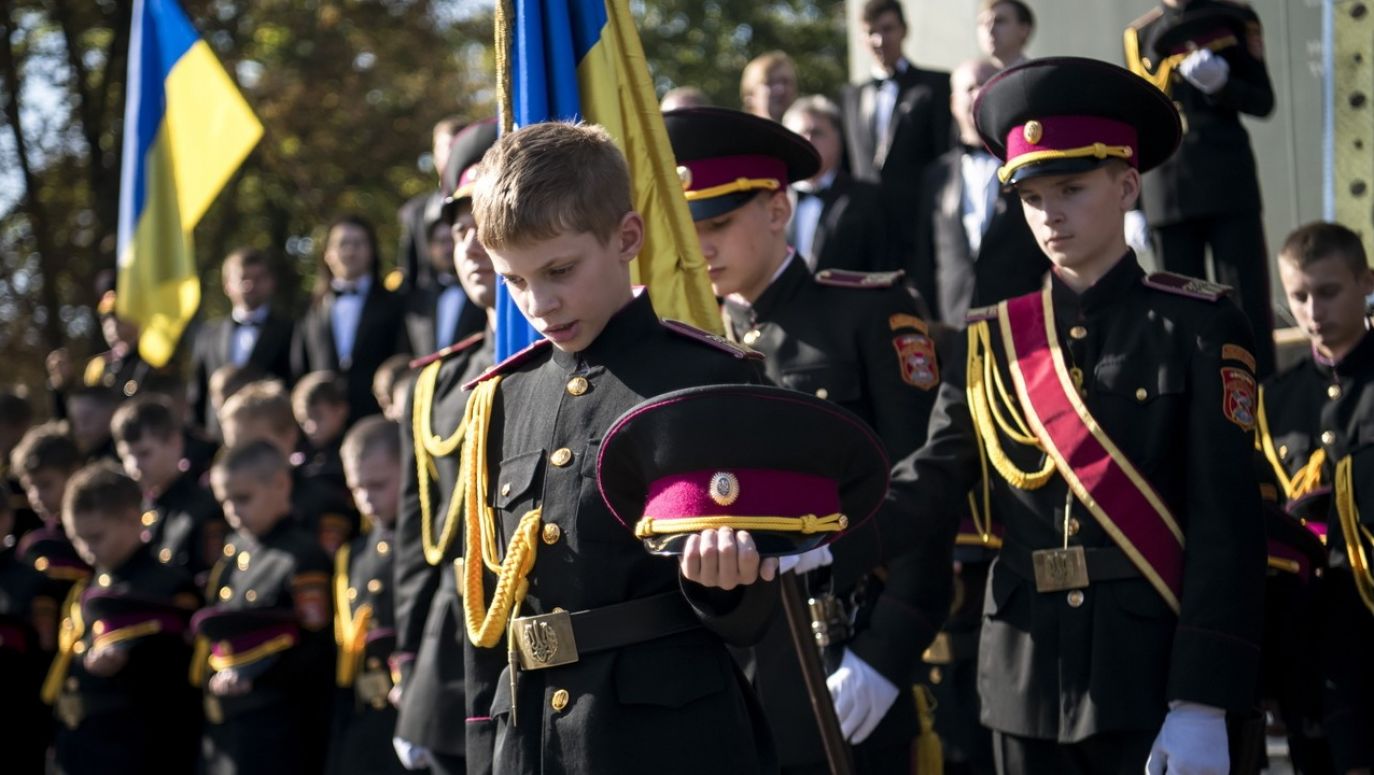It is worth noting, by the way, that this war has shown that there are no “miracle weapons” or – as the excited Twitter (X) strategists like to say – “game-changers”. The biggest change was introduced last summer by the delivery of GMLRS missiles, commonly known as HIMARSes, thanks to which the Ukrainian army was able to destroy many supply points located close to the front, which significantly helped in the Kharkiv offensive. However, the Russians relatively quickly changed the location of logistics bases, moving them to a safe distance, and the situation returned to normal from their point of view. Much was promised about the German Leopards, but it quickly turned out that without proper protection they were as vulnerable to destruction as all other tanks. Now the weapon that is to change the course of the war is to be F-16 fighters, but those who harbour such hope forget that even the best planes and tanks cannot win the battle alone and can only be effective within a system. Let us add – a system that has been practiced and tested many times, for which Ukraine has neither time nor opportunities.
Mass wins, not precision
Prominent American analyst Andrew Michta recently wrote that the campaign in Ukraine should teach Western military officials that in a war between states, “mass trumps precision”. For decades, Americans have been fascinated by the technical possibilities that allowed them to precisely destroy selected targets, but in the face of what is happening in Ukraine, this fascination should be rejected, Michta wrote. For “the effects of mass are felt immediately at the point of combat, while the effects of precision strikes are felt at the back and are delayed, so they can work when the battle is already decided”. It turns out that two factors will determine the fate of a long-term war: the number of soldiers and the ability of the defence industry to quickly deliver weapons and ammunition to the front, and, above all, to reproduce losses. A conclusion of “Zeitenwende” significance for many Western military personnel from countries with small, well-equipped and trained armed forces.
 SIGN UP TO OUR PAGE
SIGN UP TO OUR PAGE

Meanwhile, Moscow has shown that it is capable of mobilising, securing ammunition and replacing destroyed equipment with new or refurbished equipment. The “partial mobilisation” carried out a year ago – despite the initial problems that raised such hopes among observers in our part of the world – proved that society is obedient and will provide recruits in the required number. It is true that Minister Sergei Shoigu recently said that he does not expect a new mobilisation, but this can only mean that he will change his mind tomorrow. Ammunition is produced and additional supplies are provided by allied North Korea. Finally, although Russian tanks are destroyed by the hundreds, the industry has the ability to restore their current state. Jarosław Wolski, an expert on armoured vehicles, said recently that officially reported data show that production and repairs are able to compensate for losses, even with a certain surplus.
In addition, Putin decided to send a strong signal that he intends to continue the war and even increase pressure on Ukraine. This signal is provided by budget plans. The official military expenditures, i.e. those included in the budget plan for 2024, will increase more than threefold compared to the pre-war year of 2021. They amounted to 3.4 trillion rubles then, and in 2024 they are expected to amount to 10.8 trillion, i.e. at the current exchange rate, about $110 billion. Russia’s Finance Minister has publicly assured that military spending is an “absolute priority” and will be covered even at the expense of other needs. Russian expert Vladimir Milov, who was deputy energy minister two decades ago and is now in exile and observing events in the country as an oppositionist, has no doubt: even if this spending is not used effectively enough, what matters is the intention and the signal Putin wants to send to Ukraine and the West. And the signal is: “he doesn’t want to negotiate. He wants war”.
Hybrid form of peace
One may have doubts about this, because it is much more likely that Putin wants negotiations, but negotiations from a position of strength. It may turn out that by showing sensitivity to Russia’s critical infrastructure, Chancellor Scholz is preparing to once again be at the forefront of change and bring the long-awaited peace to the world. One can even imagine what concessions he will be able to obtain from the Russian dictator: demilitarisation of the border areas and holding “fair referenda” there. The former will definitely be beneficial militarily, and the latter will not be a problem at all, because Putin is a sincere democrat and has always listened to the voice of the people. And the fact that the path to the referenda will be full of unexpected obstacles created by the hostile West and the “Nazis” from Ukraine is another matter.


 SIGN UP TO OUR PAGE
SIGN UP TO OUR PAGE
 Meanwhile, Moscow has shown that it is capable of mobilising, securing ammunition and replacing destroyed equipment with new or refurbished equipment. The “partial mobilisation” carried out a year ago – despite the initial problems that raised such hopes among observers in our part of the world – proved that society is obedient and will provide recruits in the required number. It is true that Minister Sergei Shoigu recently said that he does not expect a new mobilisation, but this can only mean that he will change his mind tomorrow. Ammunition is produced and additional supplies are provided by allied North Korea. Finally, although Russian tanks are destroyed by the hundreds, the industry has the ability to restore their current state. Jarosław Wolski, an expert on armoured vehicles, said recently that officially reported data show that production and repairs are able to compensate for losses, even with a certain surplus.
Meanwhile, Moscow has shown that it is capable of mobilising, securing ammunition and replacing destroyed equipment with new or refurbished equipment. The “partial mobilisation” carried out a year ago – despite the initial problems that raised such hopes among observers in our part of the world – proved that society is obedient and will provide recruits in the required number. It is true that Minister Sergei Shoigu recently said that he does not expect a new mobilisation, but this can only mean that he will change his mind tomorrow. Ammunition is produced and additional supplies are provided by allied North Korea. Finally, although Russian tanks are destroyed by the hundreds, the industry has the ability to restore their current state. Jarosław Wolski, an expert on armoured vehicles, said recently that officially reported data show that production and repairs are able to compensate for losses, even with a certain surplus.





